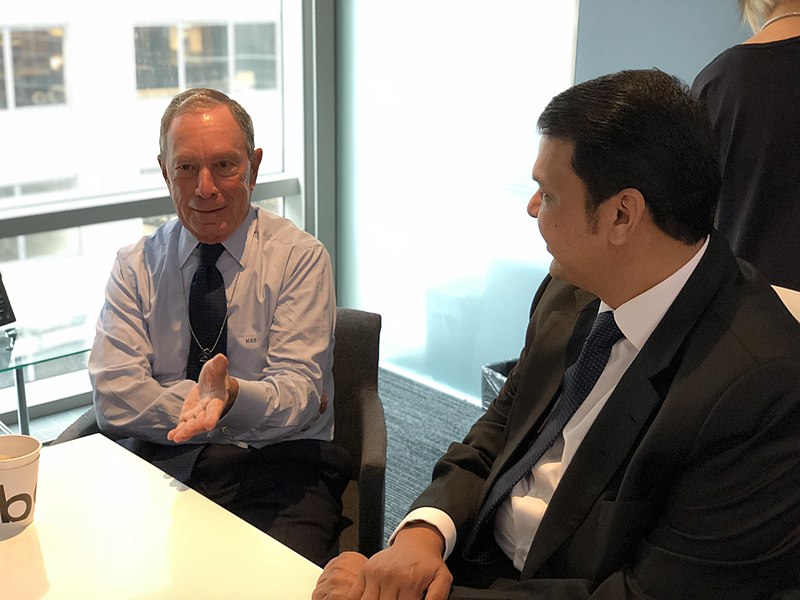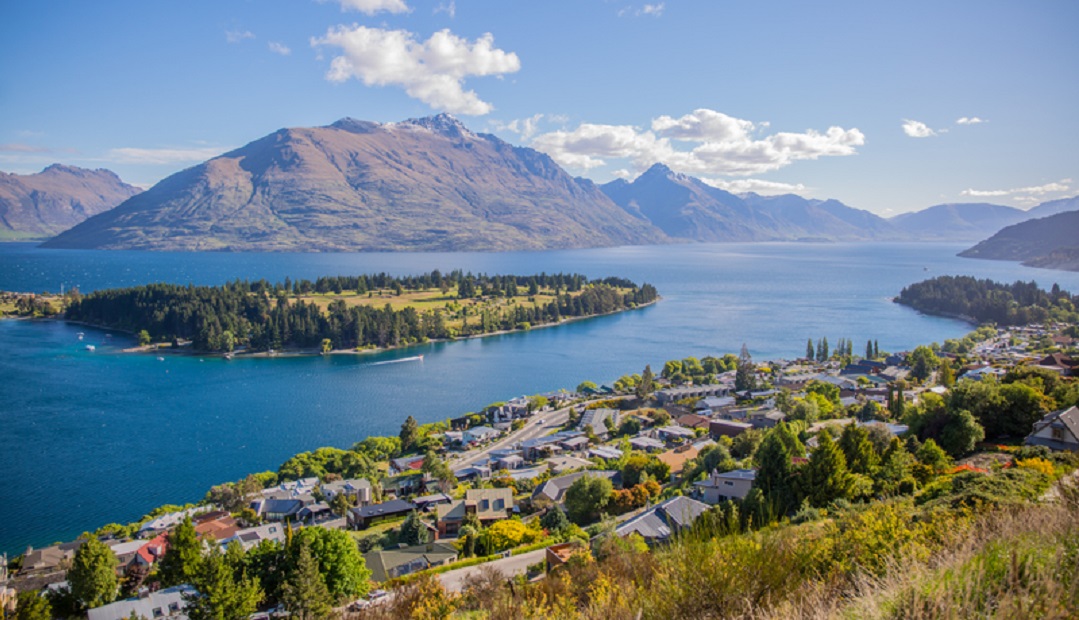With the midterm elections of 2018 fully behind us, the 2020 presidential campaign is getting underway as candidates announce their intention to seek the office.
Not even a week after taking the oath of office, President Donald Trump’s reelection campaign officially began. Even as the president faces record-low approval ratings, multiple investigations, and international turmoil, the former real estate developer and reality television star seems eager to run for a second term in the White House.
It’s very possible he faces a primary challenge from more traditional Republicans like former Arizona Senator Jeff Flake or Ohio Governor John Kasich. However, there is no precedent in modern political history for an incumbent president to lose a primary election challenge.
This means that all the interesting speculation during the “shadow primary” is on the blue side of the aisle, where Senators Elizabeth Warren, Kirsten Gillibrand, and Kamala Harris have all announced their intention to run. So, what is former New York Mayor and Wall Street Billionaire Michael Bloomberg doing in this conversation?
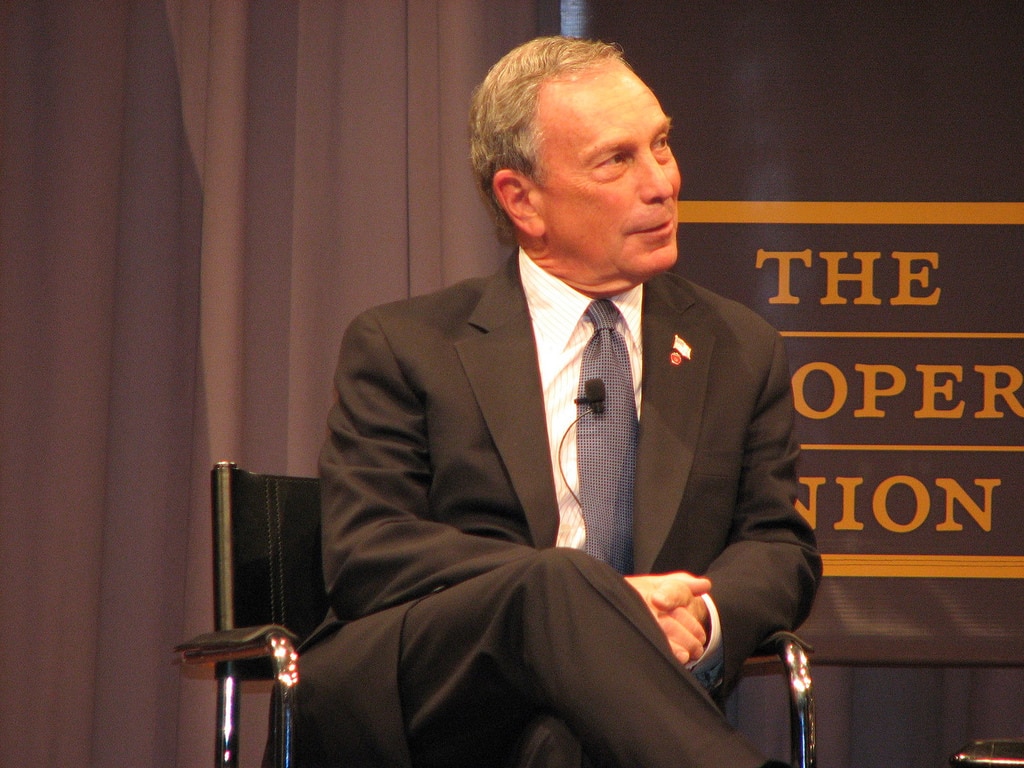
Credit: Dave Berkowitz, Flickr
While Bloomberg has not officially declared anything, he was a political neophyte before becoming the mayor of one of the biggest cities in the U.S., New York City. A lifelong Democrat, Bloomberg ran for mayor as a Republican. At the time, Rudy Giuliani was the mayor and left office with high approval ratings.
Bloomberg registered as a Republican and won Giuliani’s endorsement after winning the primary in late September of 2001. Six weeks later, Bloomberg won the office. He then went on to serve two more terms as mayor, changing state law so he could do so. Since he left office, he’s going to back to being the CEO of his eponymous company, but he remains politically active. Ever since he left office, his name is constantly floated as a presidential contender.
Who Is Michael Bloomberg?
The son of an immigrant Russian father and New Jersey-born mother, Michael Bloomberg grew up near Boston, Massachusetts. In the early 1970s, he went to work for Wall Street, specializing in analytical systems. When the firm where he worked laid him off, he took the $10 million he had in company equity and started his own company, eventually just known as Bloomberg L.P.
Since the late 1980s, they have provided information terminals to investors, offering customizable analytical data about trends in the market. Today, they have more than 300,000 subscribers to their service. Bloomberg left this company around the turn of the century, however, because he had his eyes on a greater calling.
As mentioned above, Bloomberg was the mayor of New York from 2002 to 2014. Because of the financial crisis in 2007-2008, Bloomberg said that his unique qualifications made him the leader New York needed at that time. The city council amended the law and he was able to run for a third term. After leaving office in 2014, he spent the better part of a year as a full-time philanthropist.
At the time, he was worth more than $16 billion, one of the few people to make money as the market crashed around him. In the ten years since, his wealth has grown to nearly $50 billion and he’s the sixth richest person in the United States. Given the anger today that still remains at billionaires in the wake of the crash, his wealth might actually be a liability with voters.
Why Would He Run for President?
Bloomberg was a unique figure as mayor, because he was a registered Republican who enjoyed broad bipartisan support. As an elected official, he naturally took positions on many controversial issues from reproductive rights to the war on drugs.
Yet, since leaving office there have been two issues that he’s worked on continuously and would likely serve as the pillars of his presidential campaign. He has long been a champion of environmental conservation and reducing the human impact on climate change. He also started a lobbying group called Everytown for Gun Safety that works to raise awareness about gun control.

Bloomberg will be 77 in February, meaning that he would turn 79 less than a month into his first term after being elected in 2020. President Trump currently holds the record for being the oldest president to take office at the age of 70.
Bluntly put, if Bloomberg wants to be president, the 2020 election is his last shot. Yet, with two such politically divisive issues as the pillars of his campaign, it’s not as though he’d cruise to election. It would be an intense and dirty fight. If Bloomberg decides to run, that means this is a fight he wants to have and 2020 is the time to do it.
What Would Bloomberg’s Main Issues Be?
As mentioned above, Bloomberg plans to make his advocacy for climate change action and gun control as the central part of his campaign. No successful presidential campaign, not even a primary election campaign, has ever been won on those issues.
Still, it’s all Bloomberg has because the Democratic party is shifting its ideology away from the centrist policies they’ve held for the past 30 years. This means a focus on progressive issues like income inequality, criminal justice reform, and some kind of universal healthcare plan. With a renewed emphasis on gender and racial diversity, it seems like a white, male, billionaire is an unconventional choice for that party.
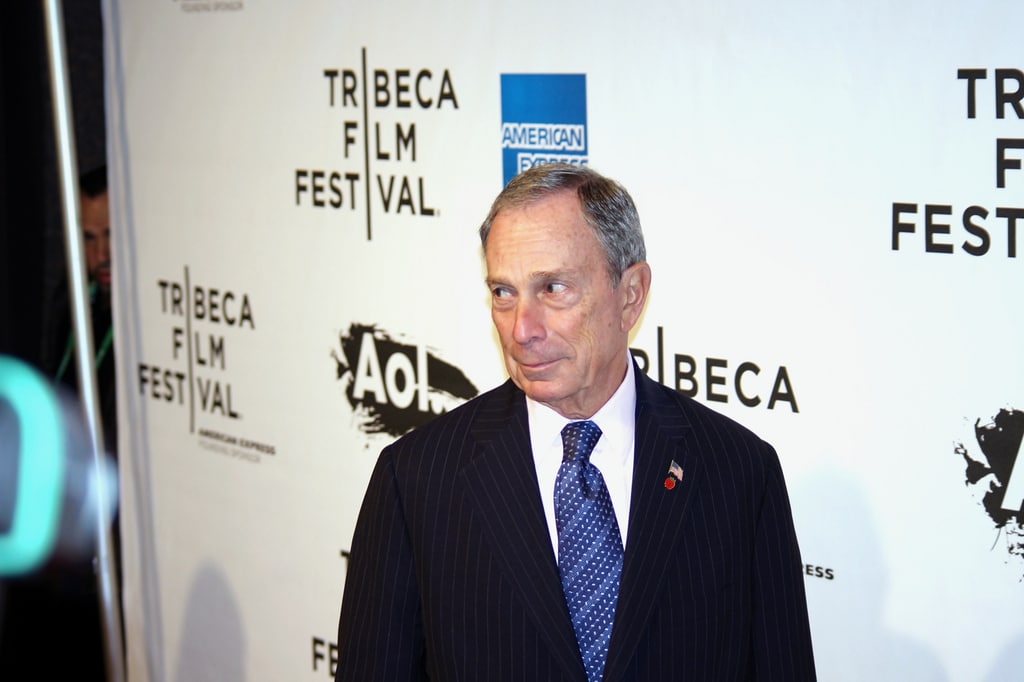
Credit: David Shankbone, Flickr
As mayor in New York, he was in charge in the run-up to the 2007-2008 financial crisis and as the Occupy Wall Street movement camped out in the Financial District. He also enforced the controversial “stop and frisk” policy that empirical research showed unfairly targeted non-white New Yorkers.
Just today, Bloomberg criticized the legal cannabis business, calling it the “stupidest thing anybody has ever done,” according to WBNG. He goes on to compare cannabis to opioids, despite the fact that marijuana is not physically addictive like opioids nor has anyone ever fatally overdosed on cannabis. While some might see this as an appeal to those conservatives not all-in for President Trump, it also signals a liability with Democrats who want a more progressive candidate.
Could He Win?
Before 2016, the educated answer to this question would have been “of course not,” for a number of factors. Yes, he was an elected Republican in New York, but the GOP in New York is not the GOP of the South or the Midwest, especially with his stance on reproductive rights. He also has very limited experience when it comes to many issues relevant to the presidency, such as military matters.
There is also a question to as to whether a soft-spoken, distinguished businessman could effectively go head-to-head with the incumbent on a base rhetorical level. Add to that his age, and it doesn’t look very promising for him. However, the election of Donald Trump proved that the American electorate can still surprise even the most educated of guessers.

Bloomberg is not entirely without hope for victory. If he can make it through the Democratic primaries, he might just benefit from an “anyone but the incumbent” trend amongst voters. With the president’s current approval ratings, his chances of reelection look more like the elder George Bush’s than the younger’s.
Also, Bloomberg would have money on his side. At nearly $50 billion in wealth, he has about five times the wealth President Trump claims he has (and more than ten times the president’s estimated wealth). He also donated more than a hundred million dollars to support Democratic candidates during the midterms, which means he can call in campaigning and fundraising favors. Of course, before the New Hampshire primaries and Iowa Caucuses it’s still anyone’s game.
The Third-Party Problem
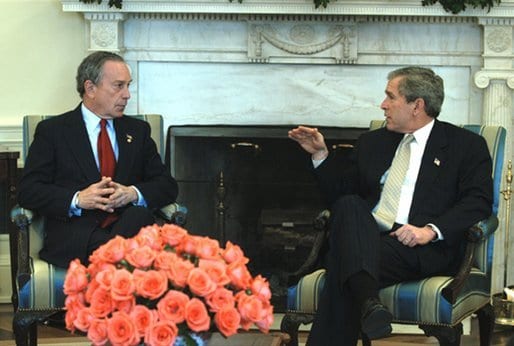
By the time the primary election of 2016 was winding down, speculation that Michael Bloomberg would run for office as an independent was heating up. Eventually he endorsed former Secretary of State Hillary Clinton, putting to rest his electoral ambitions for that cycle.
While he never talked about his presidential ambitions at length, he said that one of the reasons he considered running is because he thought Clinton’s primary opponent, Democratic-socialist Senator from Vermont Bernie Sanders, was too far to the left.
Had Sanders been the nominee, Bloomberg implied that he would have run as an independent. But, a third-party or independent presidential candidate is almost always a bad idea. They barely stand a chance at winning a single state, let alone 270 electoral votes.
Sure, during his third run for mayor, Bloomberg was technically an independent, but his two Republican challengers dropped out of the race and endorsed him long before election day. Third-party candidates of the past, such as consumer advocate Ralph Nader and billionaire Ross Perot, have been wildly successful, but that means they scored less than 20 percent of the vote.
If Bloomberg were to run as a third-party or independent candidate because he feels the Democratic candidate is too liberal, he’d likely split the vote. People who think climate change is a hoax and that he’s a gun-grabber wouldn’t vote for him anyway, leaving him to split the Democratic and Dem-leaning independent voters with the Democratic nominee. Still, he has enough money that he could compete with the major party nominees in terms of campaign and advertising budgets.
While Michael Bloomberg is in a better position than likely anyone else to launch a mainstream or third-party campaign, he might be content to stay on the sidelines.
Bloomberg is an older man for whom retirement and philanthropy alone didn’t hold enough of a challenge. Yet, perhaps he’s content being just a political donor and advocate rather than becoming the chief executive of the United States.
Yet, given that the results of the last election were a surprise to many practiced political observers, the time now seems riper than ever for a candidate like him. Whether things like his wealth or his record as NYC’s mayor help or hurt his chances is up for the voters to decide.
One thing that is for certain is that Bloomberg will be a force to be reckoned with in the 2020 election regardless. If he’s not a candidate, then he will be a donor and advocate for the issues he cares about and possibly the Democratic nominee. President or not, we’ve not heard the last of Michael Bloomberg.
What do you think? Do you think Bloomberg would make a good president? Tell us along with your thoughts, experiences, and reactions in the comments below. Don’t forget to share the article on social media if you enjoyed it.
Related article: Jeff Bezos Announces 1st Philanthropic Organization
